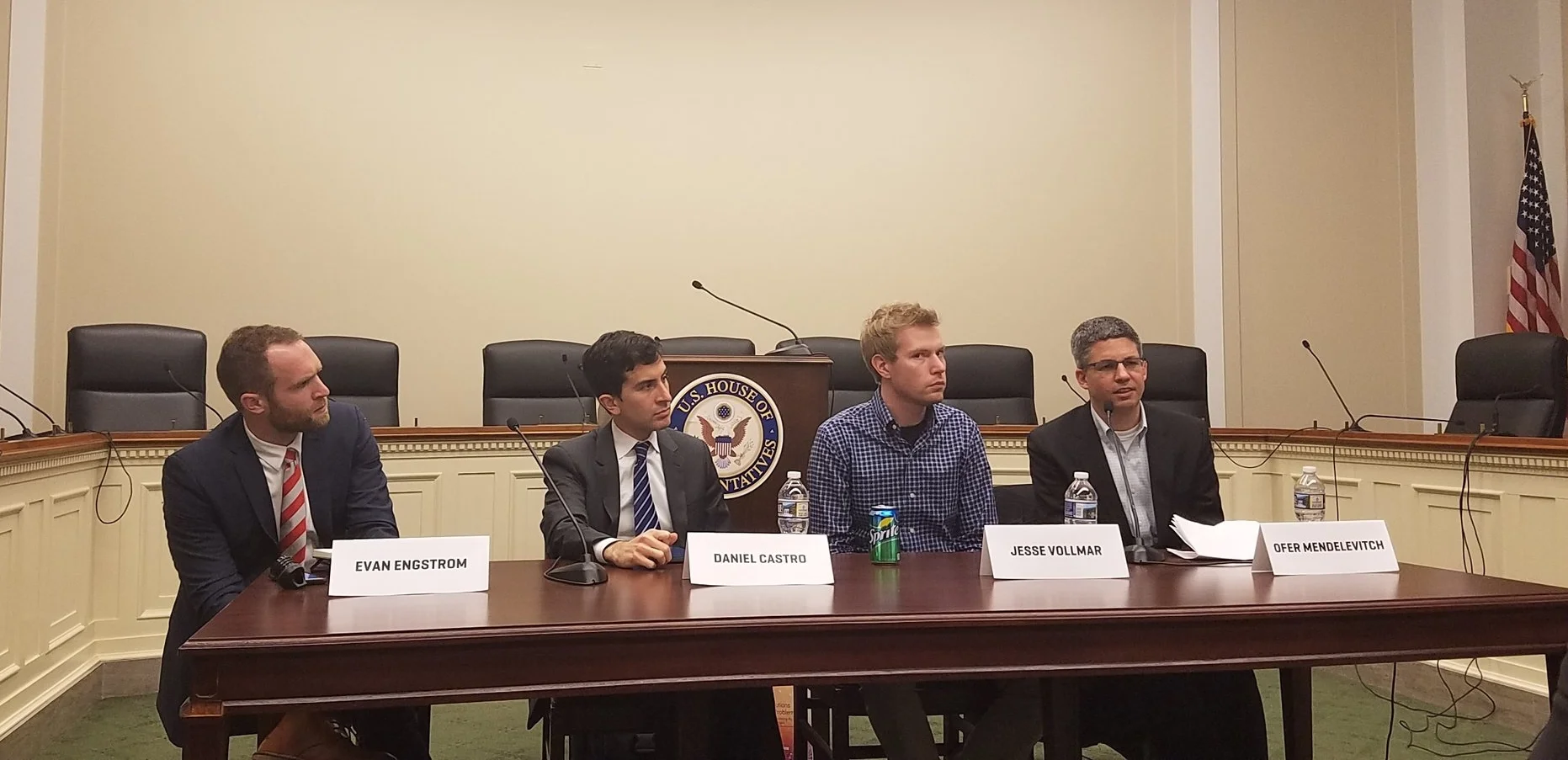The Big Story: Privacy Looms Large in Washington.
This week, the European Parliament approved sweeping changes to its copyright regime, including Article 13, which would effectively require all websites hosting user generated content to adopt expensive and ineffective content filters. The proposal also creates a new IP right for publishers that requires websites to pay publishers if the website creates a link to the publisher’s content.


























